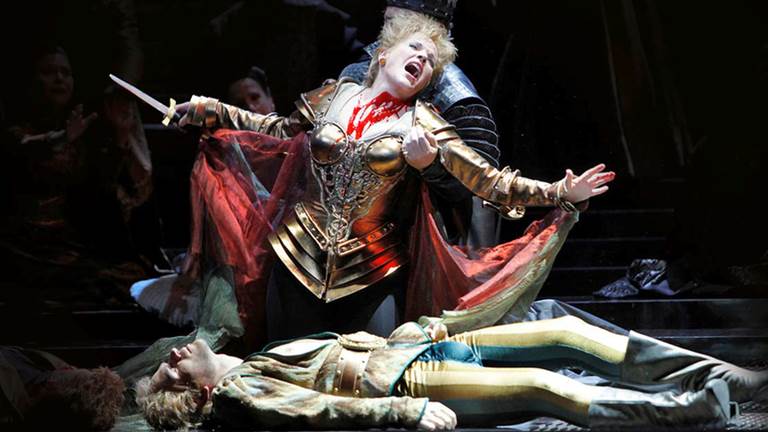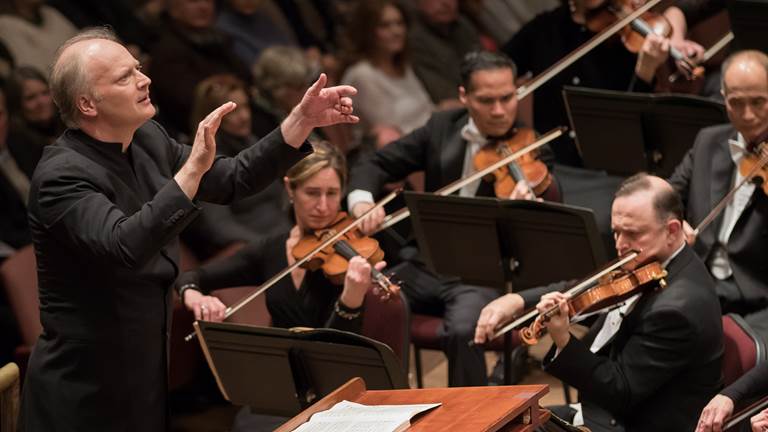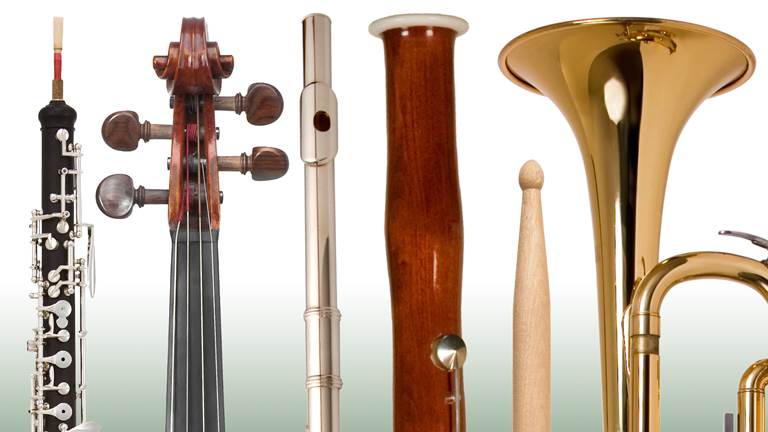Born in a small town near Prague, Antonín DvoĆák is known to be one of the greatest Czech composers, noted for his attractive melodic compositions and the brilliance of his orchestration. At the age of 16, he studied at the Prague Organ School. There, he was introduced to the works of past great masters as well as to composers such as Robert Schumann and Richard Wagner.
In 1861, DvoĆák joined the National Theatre in Prague as a violist. During this time, he wrote many compositions, but not achieve recognition until 1873 with a performance of his grand patriotic work Hymnus for chorus and orchestra. Composer Johannes Brahms later prevailed upon his publisher to print some of Antonín DvoĆák’s works. Always composing an apparently effortless output of music, including Slavonic Dances in 1878, Antonín DvoĆák soon became a professor of composition at the Prague Conservatory.
In 1884, following a series of trips to London to conduct his own music, he earned a commission to compose The Spectre’s Bride. In 1891, he received an honorary doctorate degree from Cambridge University, the same year he composed the popular Carnival overture. Following successful tours to Russia and Germany, DvoĆák accepted an invitation in 1892 to become director of the National Conservatory of Music in New York City. In 1893, while in the United States, he wrote what is probably his most famous work, the Symphony No. 9 in E Minor, “From the New World.”
He returned to Prague in 1895, where he would later complete Rusalka, the ninth of his ten operas, in 1900. In it, he tells the familiar story of a water nymph who falls in love with a human prince. The following year, he became the director of the Prague Conservatory. He devoted his last years to working on an opera, Armida.
Despite the international recognition he had achieved, DvoĆák lived in relative poverty as a result of unfavorable contracts with his music publishers. He died on May 1, 1904. A national day of mourning was declared and DvoĆák was honored with a burial in Vysehrad Cemetery, where many prominent Czechs are also buried.




